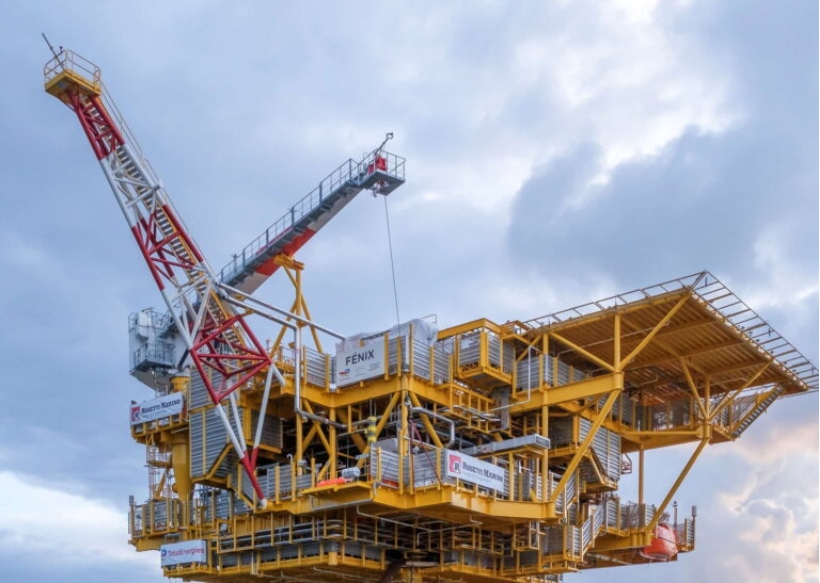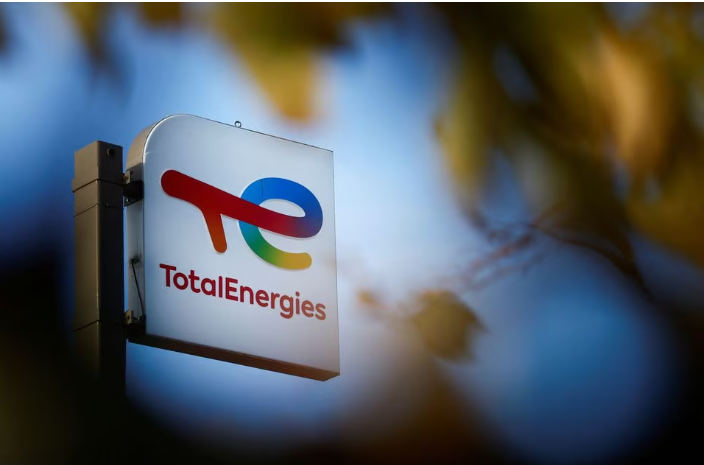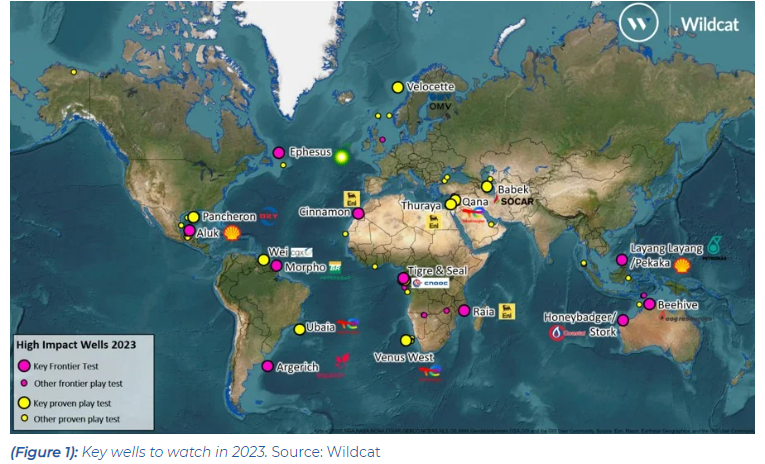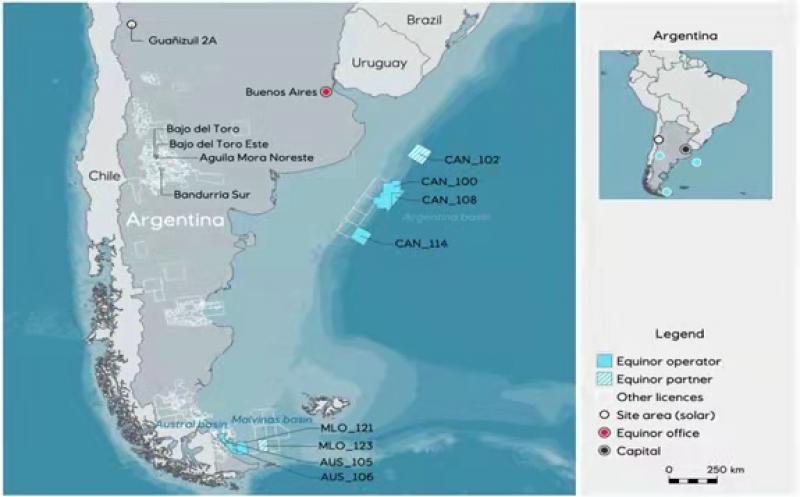
Argentina's national oil company YPF (YPFD.BA), opens new tab on Thursday said it would invest $3 billion of a $5 billion capital spending plan this year in shale, as it looks to generate more cash by exiting some major conventional fields.
"We plan to exit from some of our mature conventional fields, but will release around $800 million in capital expenditure to be reallocated primarily to shale oil activity," CEO Horacio Marin told analysts in a call, saying the company was seeking a "clean exit" and expected to close transactions this year.
The company had previously said it would exit from some 55 conventional mature blocks as it looks to focus on its more profitable shale operations.
By 2025, Marin said he expects shale oil output to reach 160,000 barrels per day after boosting production 24% in 2024 and a further 35% the following year. By 2027, the company could produce some 250,000 barrels per day, he said.
The company's vice president of strategy Maximiliano Westen added that engineering works on a new liquefied natural gas (LNG) plant would take place over this year and next, noting the company is open to working with more partners.
YPF is looking to build a large-scale LNG facility to propel it into the ranks of global players. It also aims to become a world-class shale producer and major crude exporter by 2030.
YPF operates Argentina's massive Vaca Muerta shale formation, one of the biggest in the world, which it hopes can help the country boost production to eventually become a net energy exporter and replenish the country's foreign reserves.
The call with analysts came a day after YPF posted quarterly results that swung to a net loss of $1.86 billion in the fourth quarter, driven largely by weaker sales and a hefty impairment charge while its production increased.
Analysts said the results were broadly in line with their forecasts. Shares were up slightly in Friday trading.
The Argentine government holds 51% of YPF shares. President Javier Milei had, as a candidate, said he would seek to privatize the firm once it gained value in an effort to reduce the state's share in the market and improve public accounts amid an economic crisis, though he has since backtracked.




